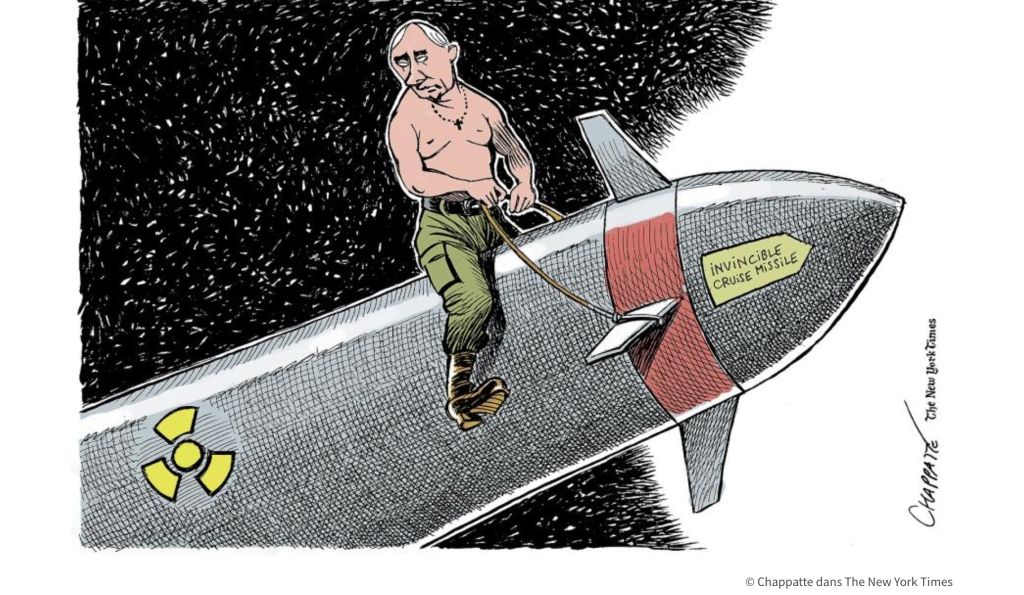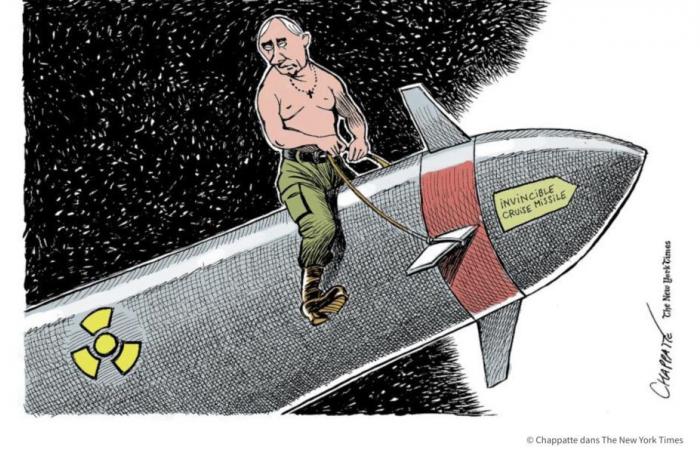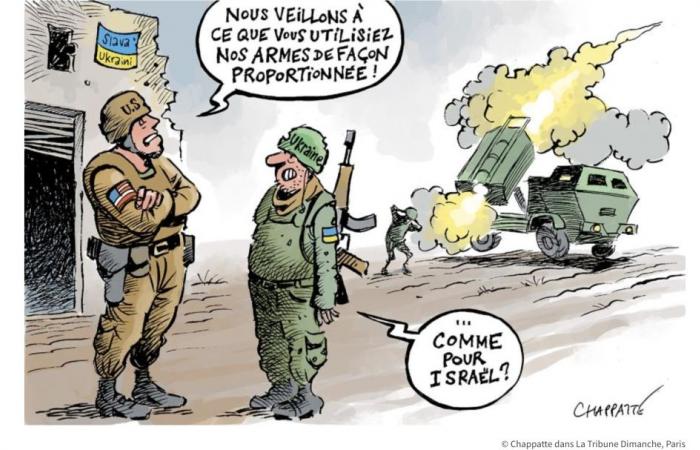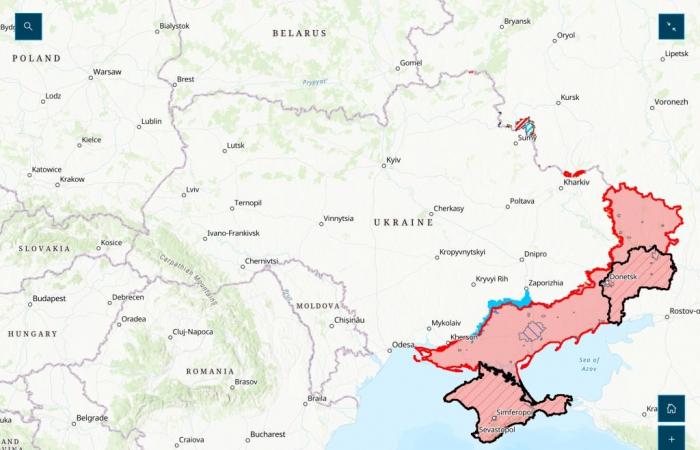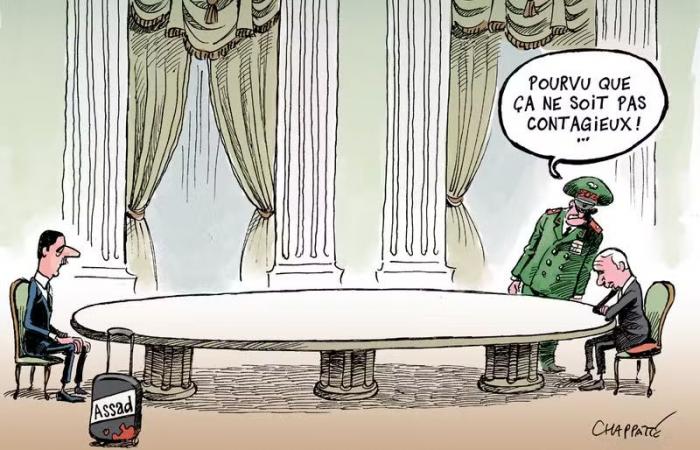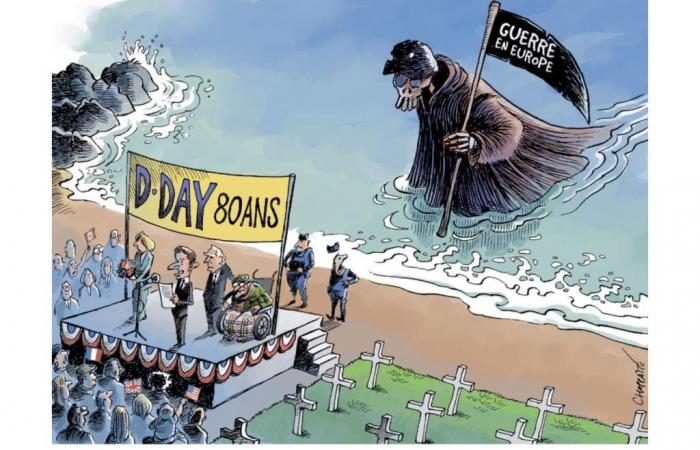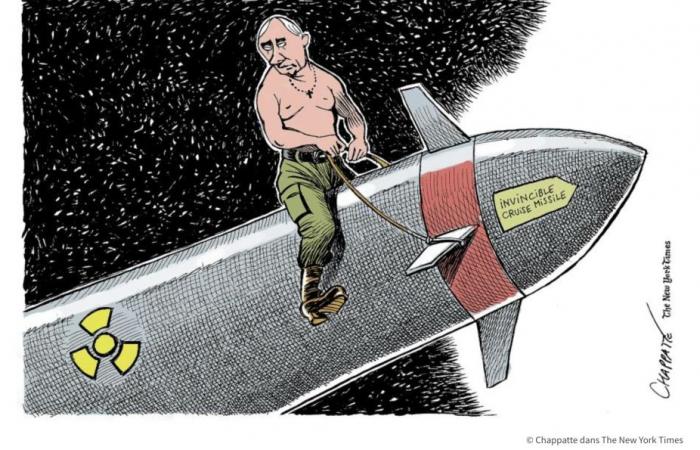A bit like the winter solstice this December 21 when the length of the days finally begins to increase, we are faced with good news and bad news: the end of at least two wars in 2025, the one that Russia started in February 2022 against Ukraine and that caused by an attack by a terrorist movement – Hamas – against Israel then responding with the massive destruction of the Gaza Strip, due to a far-right government led by Benjamin Netanyahu.
Regarding this second conflict, I recommend reading the interview with the Belgian media The Snitch which seems quite clear to me and which I have republished at the end of this text. As for the war in Ukraine, negotiations for which are already advanced, I will devote the rest of this article to it.
Read also: Ukraine, Middle East, the negotiations wanted by Trump have begun
Acceleration of movements before the end of the discussions
Donald Trump has announced that he will put an end to these wars, logically sending us back to his official inauguration on January 20, four weeks from now. As explained in the previous article, the negotiations of course began in particular between the Trump team and that of Putin, Ukraine being “the central conflict” in their eyes. They effectively relegate the war in the Middle East to a secondary event or one in the process of being controlled by Benjamin Netanyahu who is counting on the full support of his friend Donald Trump.
In this context, the direct protagonists – Ukraine and Putin's Russia – are increasing their actions and speeches intended to fuel this bitter discussion. On the Russian side, Vladimir Putin took advantage of his (very) long speech for greetings to deliver messages both to his own population and to the Westerners from whom he claims to defend himself: Putin thus announces that he does not want a ceasefire but a “real peace”, seeming to forget that he started this war and that his notion of peace strangely resembles his conception of freedom, unconditional submission.
Nevertheless, Putin is already highlighting that a cessation of the fighting would obviously be a victory to his credit, forgetting that his army – at the cost of colossal losses – will have conquered in 2024 only 0.5% of Ukrainian territory (3,300 km2 out of 603,700 km2 ). He must therefore justify the appalling bloodletting he has inflicted on his own society (more than 600,000 dead and wounded, and millions of Russians who fled) as well as the economic and social regression inflicted on Russia by an operation ruinous special military whose objective makes little sense.
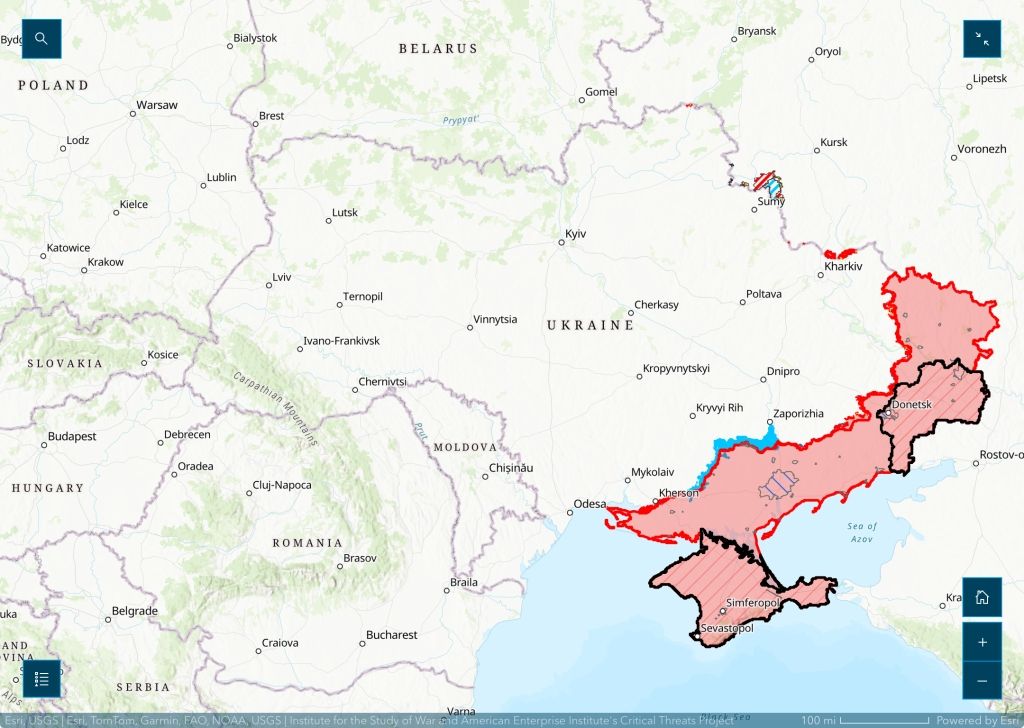
Something “unsaid”, could the end of this war be fatal for Putin?
The most sensitive point for Putin is probably, if this state of war ends soon, that he must be held accountable and that his society realizes the extent of the damage in comparison with less tangible results for peoples who previously considered themselves brothers. . In this respect, the situation of Vladimir Putin is not very far from that of Benjamin Netanyahu who also fears no longer being at war when it allows him to protect a contested power. It is an “unsaid” present in everyone’s minds that the end of this war could be fatal for Putin.
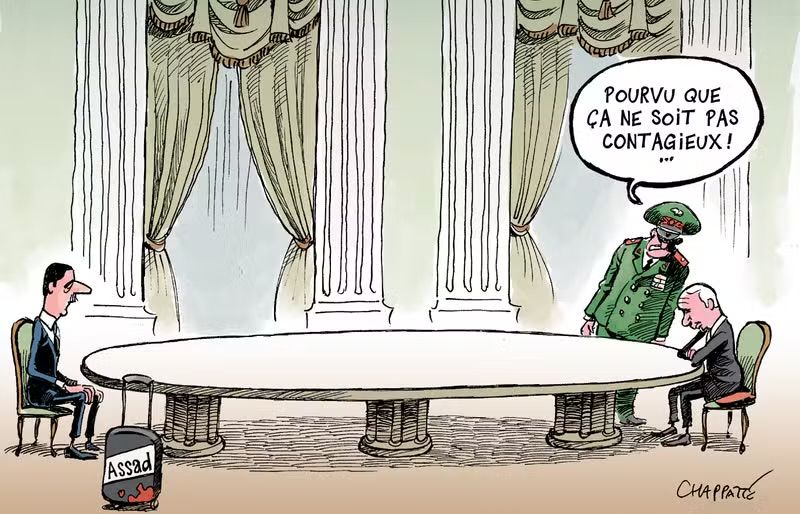
Whether he is eliminated by his own regime or overtaken by illness, Putin's disappearance would be favored in our somewhat cowardly minds by the prospect of this war finally ending. This would indeed be excellent news because it is unlikely that lasting peace will be achieved as long as Putin is in power. But while waiting for this fantasized outcome, Putin's strategy of prioritizing violence over the law is destabilizing the entire fragile edifice that our democratic societies have tried to establish for decades. It is an existential danger that the Russian dictator is inflicting on us and that his representatives are trying to impose on us as an inevitability.
For the member countries of the European Union, faced with the embryonic situation of their collective defense, it is a shock that the arrival of Trump reveals to them: less than ever they are masters of their destiny, obsessed as they were by their prosperity alone. In fact, Putin and his war as a “development policy” put back on the table an obvious fact that European leaders had buried deeply in the sand: their security depends above all on their own will and their determination to go beyond the unsuitable framework of “ national sovereignty”.
European countries are now faced with the weakness of their collective defense
Of course, the European countries may regret that a solution could be imposed on them without Ukraine or them being really concerted, but their current danger is linked to their lack of common will to move to the necessary scale to protect and prepare, with a defense of Europe and a Europe of defense. Trump has warned them that he will not involve American troops in the deployment of forces required to provide even the short-term guarantee of a front line in Ukraine that would be transformed into a demarcation line.
Read also: Can the war in Ukraine get European defense out of the rut?
Vladimir Putin, who never hesitates to lie, has no problem asserting that he has not had discussions with the future President Trump, but the reality is quite different: he prides himself on negotiating directly with the one he believes his alter ego, and their teams have already made good progress in drawing up what will be a ceasefire agreement much more than a peace agreement. Failing to have won this war against Ukraine, Putin will have won the recognition of not respecting any of the rules that our legal societies had established.
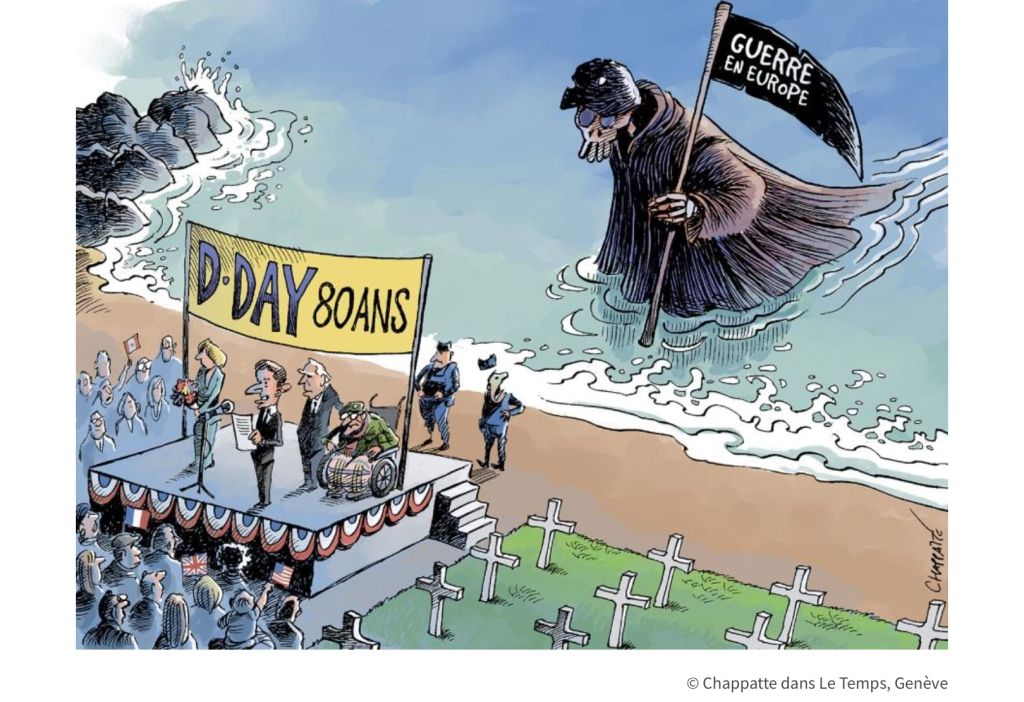
The end of the wars in Ukraine and the Middle East, but not peace yet…
After three years of an indecisive war, European countries are confronted with their own horrors, their blindness to the danger that Putin has always presented and their difficulty in mobilizing collectively when this risk was being realized before their eyes.
The Europeans also did not expect the return of Donald Trump and that the NATO collective defense pact, specifically the historic protection of the United States, would be called into question. However, the latter will not let go of NATO because this defense club remains incredibly profitable for their military industry in the absence of real competition on a European scale.
In this context, the ceasefire desired by Trump and which would suit Putin well, is inevitable in Ukraine. And its consequences constitute the price to pay for stopping a war, without shared and assumed reflection on what could build peace. In other words, the year 2025 will probably see the end of the wars in Ukraine and the Middle East, without this being the restoration of peace.
To go deeper,
« The Gaza war will end in 2025 », Interview by Noé Spies (Le Vif)
« Ukraine: Europeans begin to prepare for peace, while maintaining their military support for kyiv », by Virginie Malingre and Philippe Jacqué (Le Monde)
